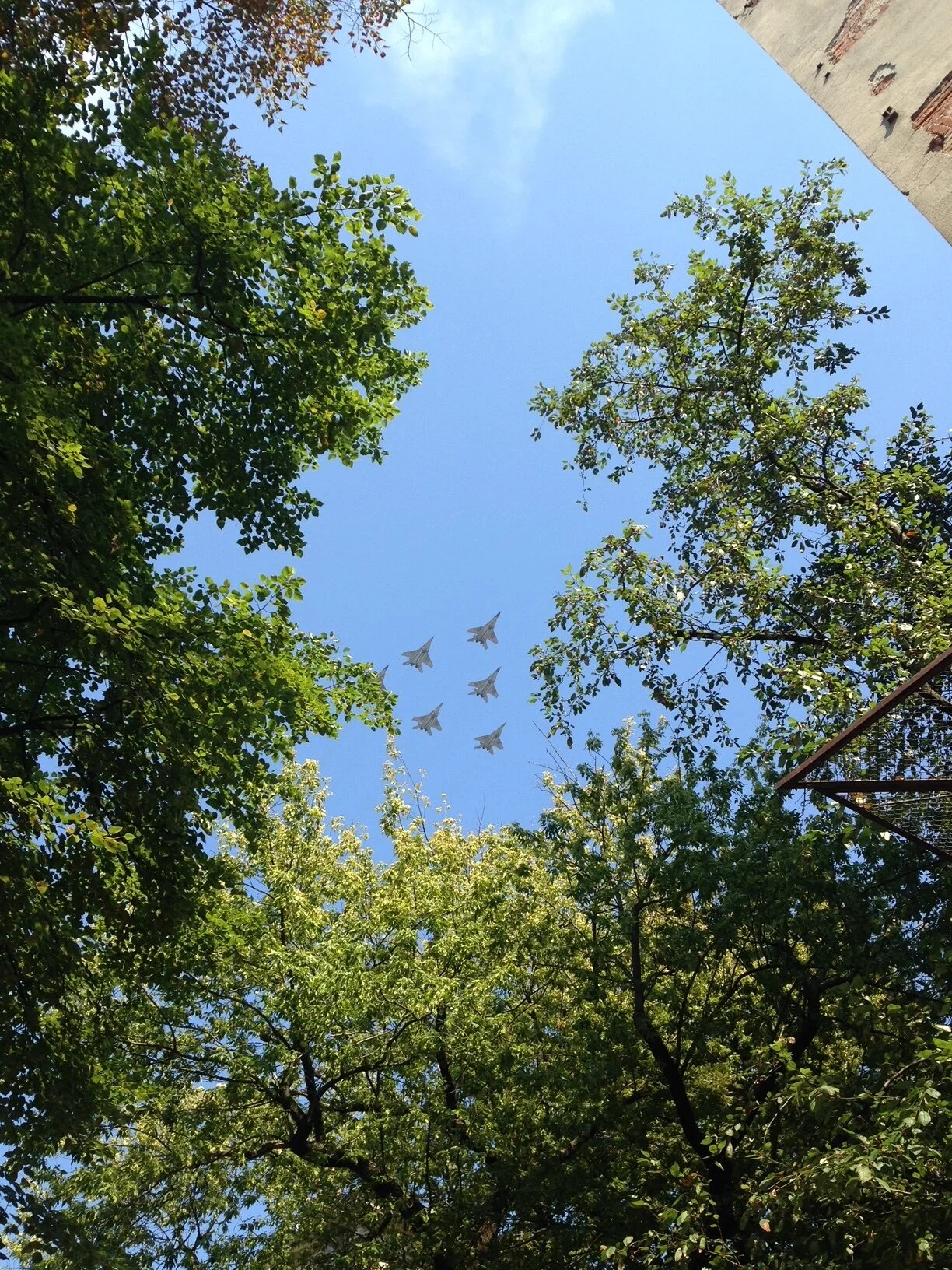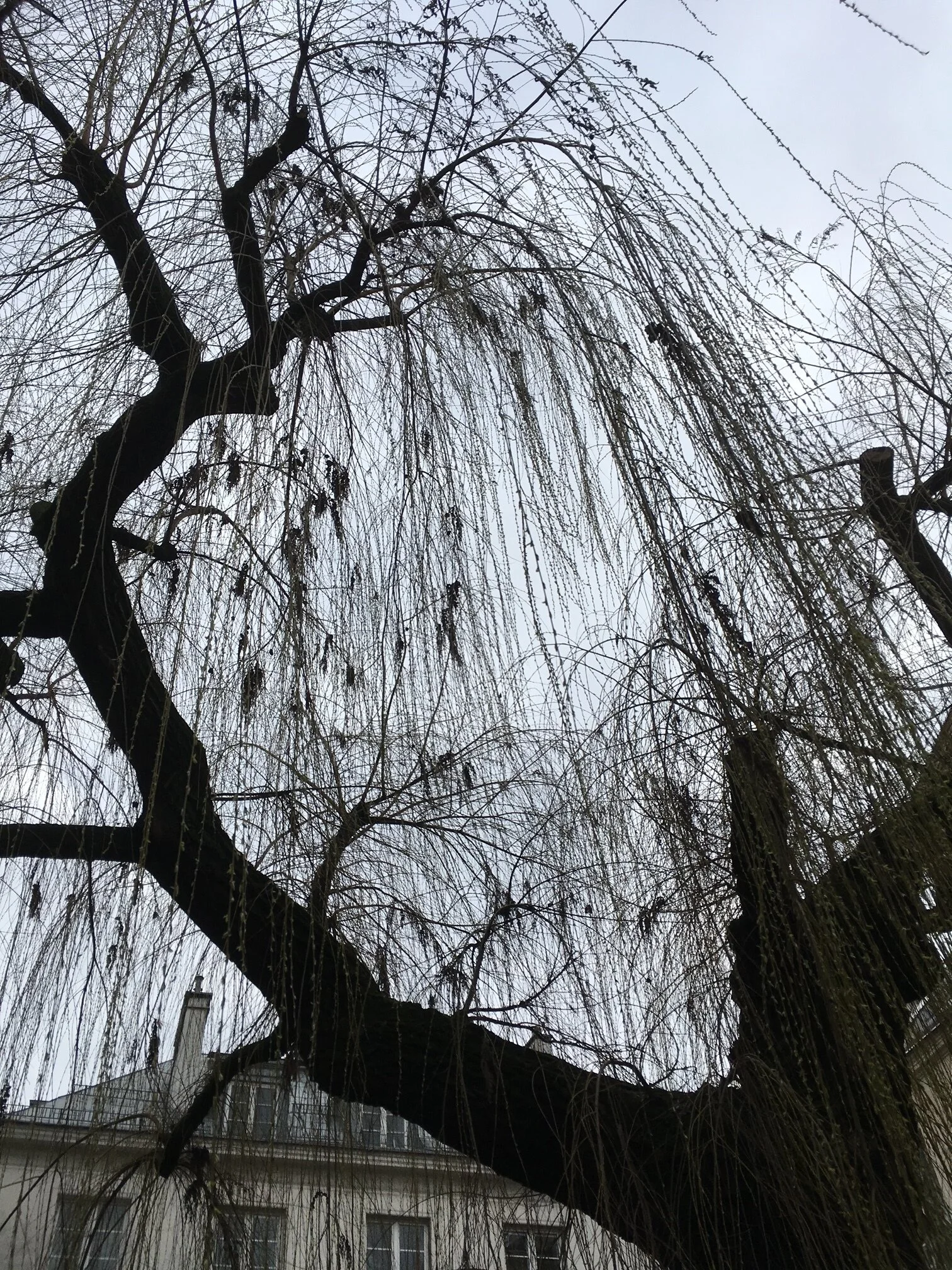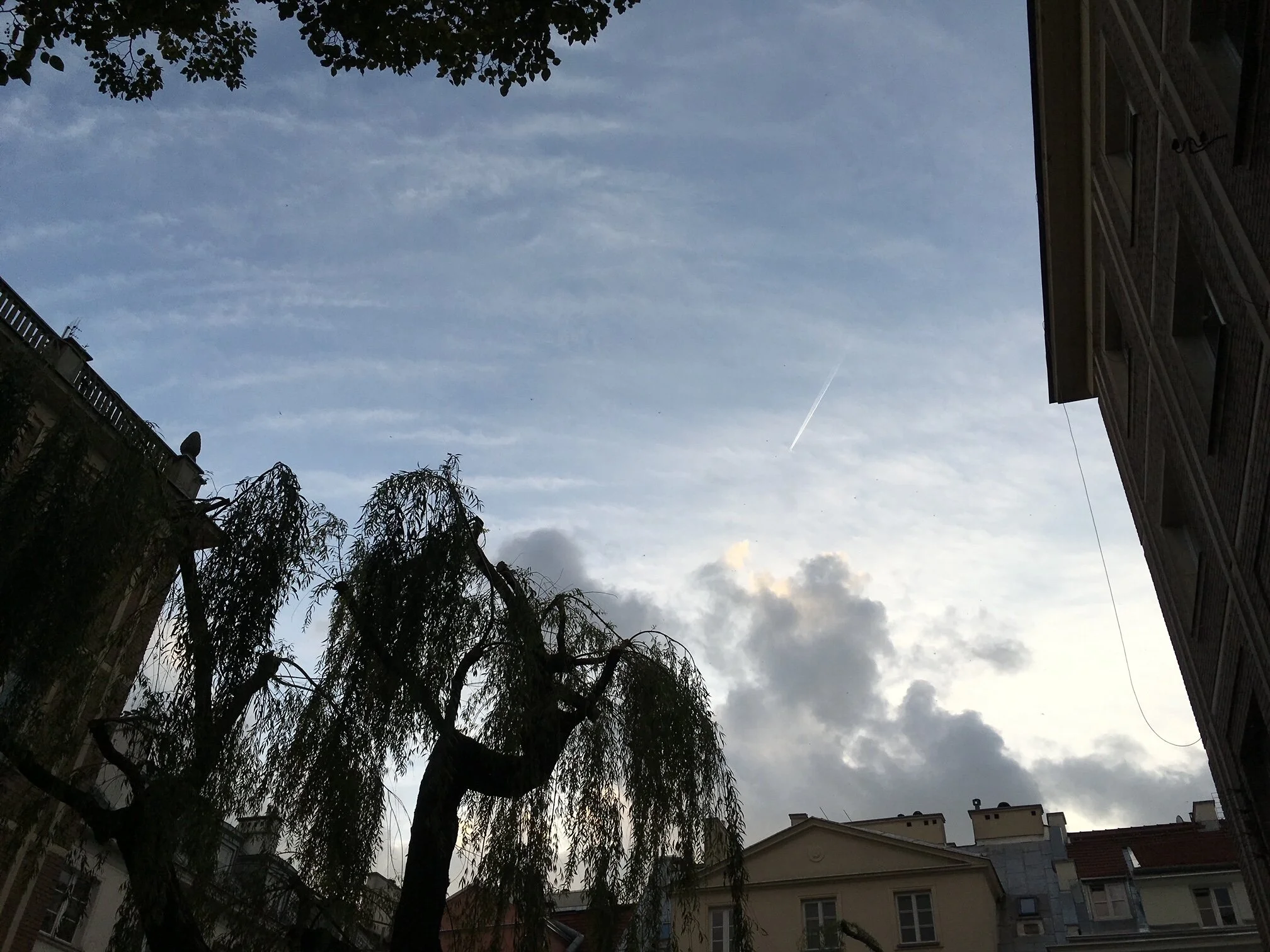The beauty of a Boiling World
There is a place in Warsaw where the smiles of the city go to hide. Where the harder veneer, that mask people seem more inclined to wear throughout the rest of the city — especially in the trams and on the busses — can be let go of, dropped, and those who know of this little place can instead come to breathe, to let out those little smiles, all the while recharging with a coffee, a good book, good company.
This is a place filled with the best of people — that is to say, readers and writers. People open to scratching a little more at the surface of this world as well as those foreign. People eager to learn, to listen, rather than only tell.
Yes here is a place essentially in the heart of this mad city, mad world, yet a stillness, a calm still pervades here. And that’s a rather unbelievable thing, because the city’s main tourist attraction, the old royal route leading to the Old Town, sits just over there, there through an arched passageway. I suppose that’s part of the magic, see: this world so close to that one; this little bookshop and cafe, the one with the strange name — Wrzenie Swiata, or Boiling World — just next to that bustling Nowy Swiat, or New World Avenue. Over there, the tourists and the traffic. Here, locals and a different energy, this kept secret.
Inside: the books and the coffee and that good table over by the entrance.
Outside: more chairs, more tables set up whenever the weather turns decent, and the zen company of two weeping willows, their sleepy limbs swaying ever gently in an old and quiet courtyard.
Inside: the shelves are lined mostly with books of non-fiction, of reportage, and up on the walls are hand-drawn portraits of two Polish giants of the trade, Kapuscinski and Krall.
Outside: another reportage giant, Mariusz Szczygieł, dressed in his blues, is often found holding court with one or several of his students, or now sunning in the new rocking chair by the door. Szczygieł also happens to be the owner of the place, along with fellow journalists Wojciech Tochman and Paweł Gozlinski. Ten years ago they created this reading room, this oasis where a next story could be written or read with coffee, with wine. Where as many people as possible could come “to understand other people.”
Back inside: the whirr of the espresso machine in the lower part of the cafe’s L-shaped footprint. And there at the top of the letter, a slightly raised platform with a long wooden table reserved for those from the reportage institute, or the publishing house Dowody na Istnienie (Evidence for Existence), or the authors who come to speak or autograph their new works.
And outside: birdsong, always birdsong, and some of the braver little birds hopping about people’s feet or even elbows, asking for a crumb of cake. And above, that neighbor who lives up on the third floor of the same building, who at the same hour every day leaves seeds out on a windowsill for gathered pigeons.
It’s a tone, really. In our stories and in our lives, readers and writers are forever searching for the proper tone, a kind of frequency. Both inside and outside of Wrzenie Swiata, which gets its name from Kapuscinski — who always went to where the world was boiling — one witnesses this first hand. The writers, they’re the ones hovering over their notebooks or laptops, forever hoping to put down that perfect sentence. The readers, they’re the ones getting up and sitting down, performing the Bookstore Waltz: that slow sway along the shelves, that tickling of spines and sampling of sentences, deciding which of them has the tone, which of those stories to make their own. Those with potential are often sat with for awhile, over that coffee or carafe of wine, before the commitment of buying. It’s always interesting to see which stories go home with which people.
Also visible, other dances: first dates, third dates, and maybe now a few reunions between old friends after long, pandemic-induced distances. Once I overheard an Indian boy saying to a Polish girl who was just getting up to leave — I think they might have been students at the Chopin University — “So I will write you, and maybe we can go for some ping-pong, or dancing.” “I hope so,” the girl answered, and still I wonder where that story went.
Roaming about here always: a forever-smiling, forever-cheerful manager named Paweł Sobulski, and also Rafał Szczechura, the man in charge of the books — “Pafcio and Rafcio, everyone’s favorite duo,” they’re sometimes called. And of course: those several young baristas who have always been kind, have always grinned through the terrible Polish of one American writer…
This writer, he found this place years ago, during that one magic winter when he came to visit his Babcia for Christmas and ended up discovering and shaking the hand of his new hero, an old Polish author named Konwicki. On that fateful trip, someone also recommended to him this place, this cafe with the confusing name — “It’s just the kind of place you would love,” he was told. And so on his last day before returning to New York, with the strange name and address written down, he went looking for it. And after several wrong turns he found it, found it finally along this quiet cobblestone street closed at one end to traffic. The willows, they were sleeping then in a winter frost. But the windows, the windows were alive with books and strangers in a golden light.
Into that light he went, and in it found a warmth that he felt sometimes lacked in this colder city. He found the smiles he rarely saw. And he found even a small English-language bookshelf, a shelf from which in future years, future returns to Warsaw, he would pluck Kundera, or Gombrowicz, or Alexievich. At Wrzenie he would also buy his first fountain pen, and the countless Moleskins in which he would jot down his own sentences, such as the story of what happened with Konwicki that winter, or little notes about this place, this city and the peculiar energy he found and still finds here.
And now this. This little write-up, which is merely a thank you, a love letter. His apologies for it being in English — his Polish, still a mess. But hopefully enough of this will translate, much as the energy, the mood of any decent story or place can translate across language, across paper and time. For this mood and this place which helps the sentences and the pages move along, and for the people here, he’ll conclude with some Polish he does know, he’ll say merely dziekuje. Dziekuje i do zobaczenia.











